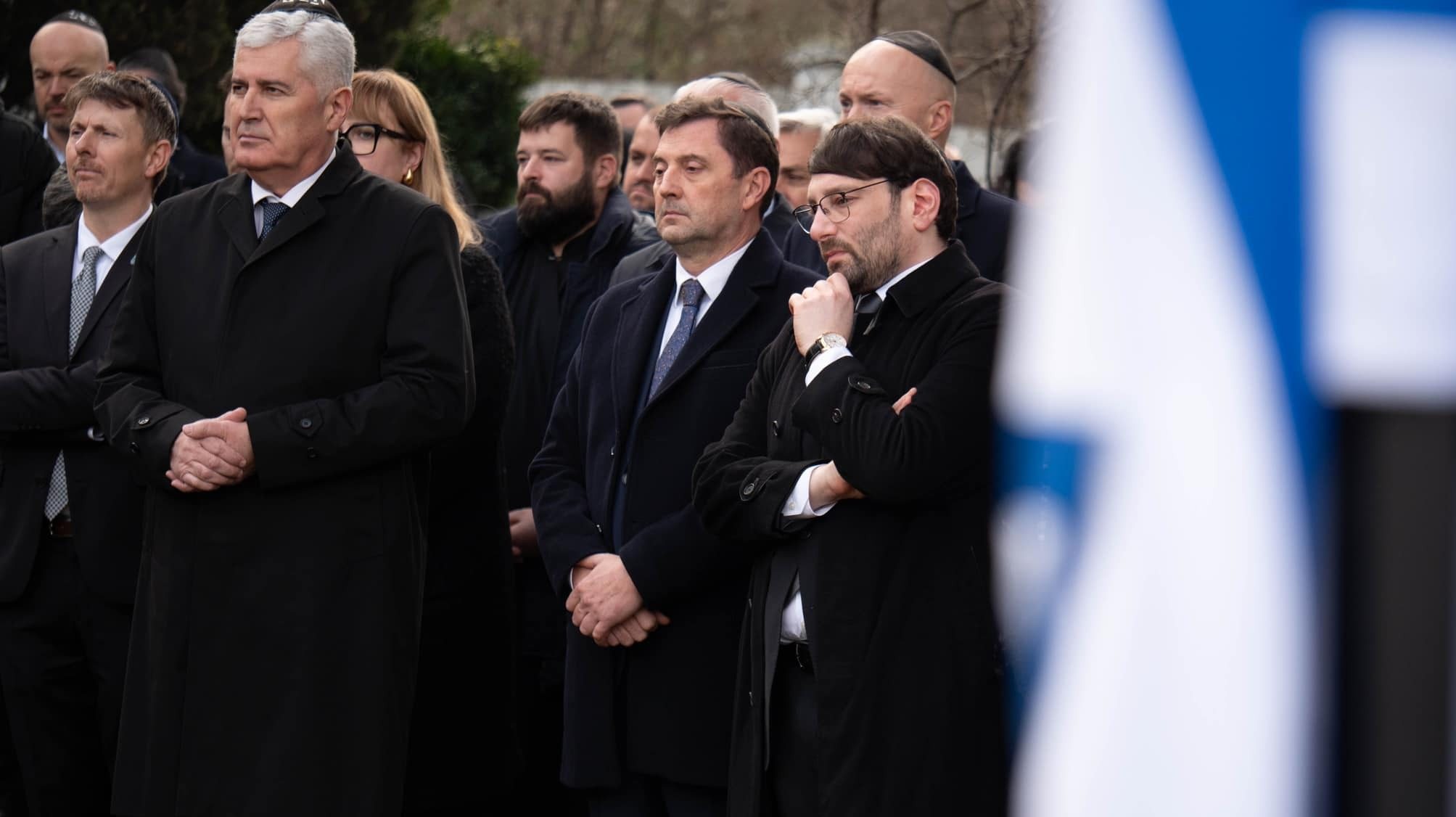This post is also available in: Bosnian
Twenty-five years ago, Bosnia’s own were going the other way.
Leila Naser Saleh was a few weeks short of giving birth when she reached Bosnia and Herzegovina, four months into a journey from Syria to the gates of the European Union.
“I was running out of time,” she said. “I wanted the journey to end as soon as possible. It was so hard.”
A quarter of a century earlier, Mersa Pasic travelled in the opposite direction, fleeing Bosnia south through the Balkans into Turkey and on to Syria’s Aleppo. She was just a child.
“They wanted to take my only doll and check whether something was hidden in it,” Pasic said of the border police between Turkey and Syria. “It was the only thing I had brought with me from Sarajevo. They wanted to slit it open to see if we were taking anything illegal across the border.”
Now both women find themselves in Sarajevo, a city besieged for the duration of Bosnia’s 1992-95 war, haemorrhaging residents and scattering them across the globe.
Syria is doing the same, only on an even greater scale, and a growing number, like Saleh, find themselves in Bosnia, one border short of the EU but blocked from advancing by Croatian police accused of using violence to keep them out.
More than 40,000 Syrians are forced to flee their homes every day, the United Nations High Commission for Refugees says, seven years into a war that is estimated to have killed half a million people.
Syrians are among the more than 9,000 refugees and migrants from Asia, Africa and the Middle East stranded in Bosnia, where authorities are struggling to provide adequate care.

